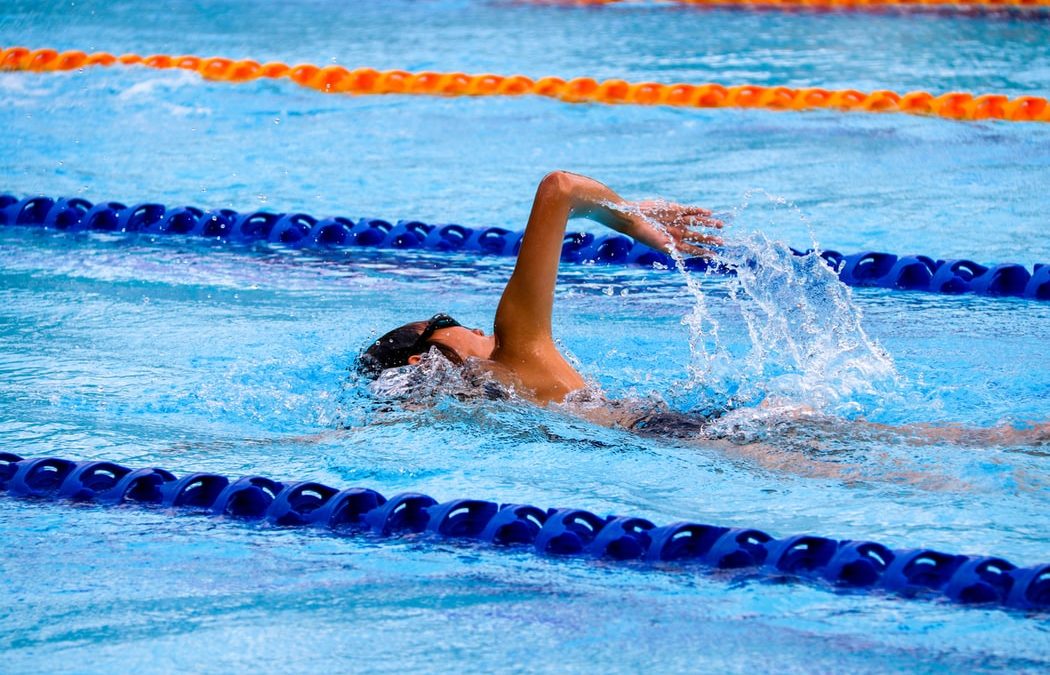How to Stay Calm and Relaxed During Competition – Emotional Mastery
During competitions, if you feel like any external factors (the crowd, competitors, judges, etc…) make you nervous, you will always be at their mercy, not having any real control. You need to take the control back!
How do Athletes Manage Their Emotions When They Participate Regularly in Sports? What Happens When the Emotions are Negatively Charged (i.e., a boxer)?
Sports: Become an Emotional Master Athlete.Are You an Emotional Master on the Field?
Sports can evoke a wide range of emotions, from inspiration, pride, exhilaration, and satisfaction, to fear, frustration, anger, and panic, often in a very short time span during training or competition. Emotions lies at the top of the Prime Sport Pyramid because it has been my experience that they ultimately dictate your ability to achieve Prime Sport (defined, if you recall, as being able to perform at a consistently high level under the most challenging conditions). Your ability to perform consistently is often determined by the consistency of your emotions; as your emotions go, so go your performances…
Emotional Control and Composure in Sports
Do you or someone you know lose emotional control easily in competition? Some athletes lose their composure after they make a mistake, someone on their team makes a mistake, or the referee makes a bad call. To gain maximum composure you must accept that you are going to make mistake and experience setback in sports.
When you do make a mistake it is important to have a strategy that helps you regain your composure. You need to be more accepting of mistakes and encourage yourself to move forward – focusing on the next play, shot, race, or routine…
10 Top Tips to Help Control Your Emotions in Sport
What does it take to really excel in the world of elite sport? The ability to deliver your best when it matters the most is a fundamental part of performing under pressure. Can this ability be taught, learned and developed?
We have previously explored why some athletes perform better under pressure than others and what it takes to thrive in a pressurized environments. However, what makes emotions in sport so complicated is that no emotion is truly good or bad during competition. For example, anger can make you try harder, but it can also make you lose focus on the task at hand…
How to Manage Emotions in Sports & Performance
Sports Psychology: Maintaining Emotional Control in Competitions
Here are some pre-performance strategies for taking control of your emotions before they take control of you. Competition can bring out the best or the worst in athletes, and the psychological demands are especially high when individuals or teams are striving to achieve the same goals. When physical skills are evenly matched, it is often the competitor with the stronger mental approach, who can control his or her mind before and during events, who wins. However, many athletes wrongly assume that mental aspects of performance are innate and unchangeable when, in reality, systematic mental training can have a similar impact on performance as physical workouts. Getting into the correct mind-set prior to competition is one of the most crucial aspects of top performance…
Zen Mind, Sports Mind
Jayne Storey explains how to achieve a state of peak performance where actions are automatic, intuitive and unconscious and where bursts of ‘spontaneous excellence’ occur naturally and effortlessly.
Combined with traditional training in sports psychology (Effective Thinking-Skills, Attention Control, Goal Setting, Visualization and Stress Management) – T’ai Chi can help athletes and teams develop better results in training and performance by helping to unite the mind, the body and the breathing to achieve 100% relaxed concentration. Phrases like peak performance, transcendence, flow and the zone, all refer to the bursts of spontaneous excellence experienced by top athletes and describe a state where actions are easy, the focus is 100% and the player knows instinctively what to do to succeed…
How To Incorporate Mindfulness Into Training
What if Zen could be found in the swim, bike and run?
When most people think of meditation, they envision a Zen master sitting cross-legged on a yoga mat. But what if Zen could be found on the run?
“Endurance activities like running are very conducive to achieving a meditative state of mind,” says Elinor Fish, mindfulness expert and creator of the Mindful Running Training System. “Movements like running synchronize your breath with the limbs in a rhythmic pattern, which is very calming and focusing to the mind. This whole-body rhythm helps to focus the mind on the present moment, which is where you find a meditative state.”
Is There Such a Thing as a Buddhist Athlete or an Award-Winning Monk?
See, I’m not what most would call an athlete, nor do I feel like I know enough to be considered a Buddhist. But as an active and outdoorsy person with an intense fascination for Zen and spiritual teachings I can say I have a certain amount of knowledge in both.
How To Do Movement Meditation
Movement meditation (just as seated meditation) boils down to presence. The key is to hone into the moment with awareness, which you can practice anywhere and anytime. Here are some tips on how you can get started…
Meditation in Movement
A movement meditation for you to tap into your body, breath and intuition. Enjoy this meditation to calming music that you love.

